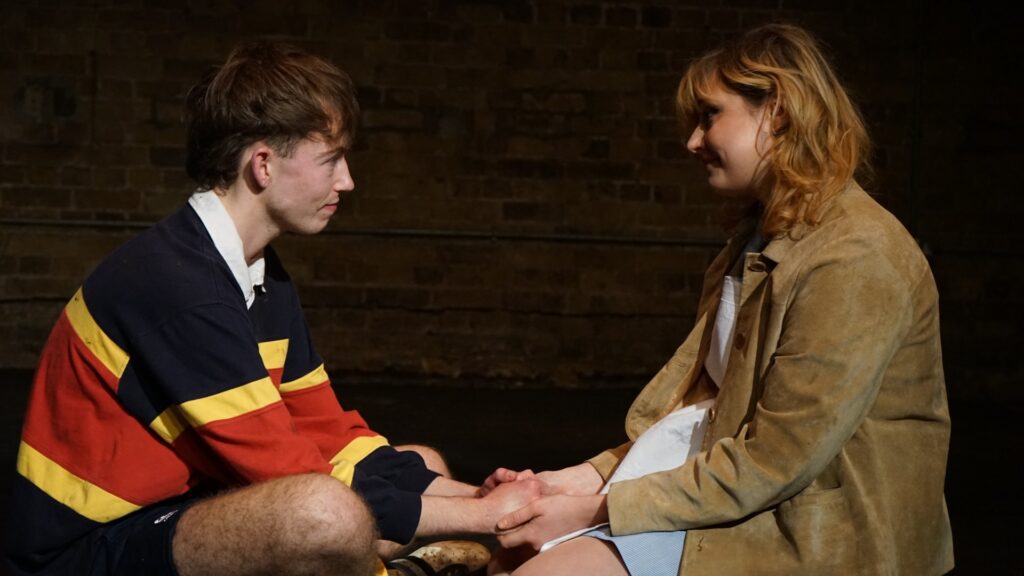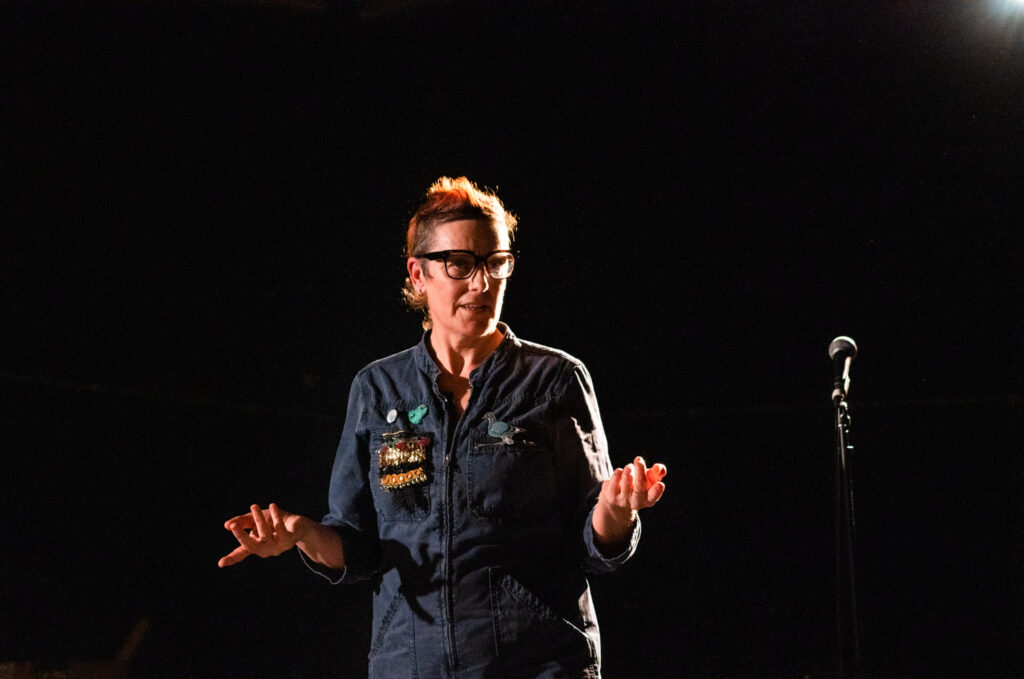Leighton Andrews explains why he has established a group to advise him on the teaching of Welsh history
It is an underlying principle of the National Curriculum that learners aged 7-14 should be given opportunities to develop and apply knowledge and understanding of the cultural, economic, environmental, historical and linguistic characteristics of Wales. The Curriculum Cymreig helps learners to understand and celebrate the distinctive quality of living and learning in Wales in the 21st Century, to identify their own sense of ‘Welshness’ and to feel a heightened sense of belonging to their local community and country. It helps to foster in learners an understanding of an outward-looking and international Wales, promoting global citizenship and concern for sustainable development.
However, there have been significant changes in the curriculum in Wales since the publication of ACCAC’s guidance on ‘Developing the Curriculum Cymreig’ in 2003. At the same time, there has been a significant growth in interest in the history of Wales over the last decade.
|
Aspects of modern Welsh history Tomorrow: Geraint Talfan Davies examines a fresh account of 20th Century Welsh history which warns against the acceptance of dominant narratives. |
Meanwhile, online resources to support the study of Welsh history have also continued to grow. The Welsh Government has made significant investment in digitisation through the National Library of Wales, Cymal, and the National Museums Wales’ ‘People’s Collection’. We are also investing heavily in our online educational resources for schools through Hwb and Learning Wales. Along with County Archives services, and private sector family history enterprises, we now have unparalleled access to historical resources in schools.
Taken together, these factors mean that the time is right to look again at the place of Welsh history within the history curriculum, at how the story of Wales can be developed in schools, and at the future of Curriculum Cymreig within this changing landscape. I have therefore established a review group, made up of key stakeholders with experience and expertise in Welsh history and its teaching in primary and secondary schools, to look at:
- Whether the Curriculum Cymreig should be best delivered through the discipline of history and, if not, the best means of ensuring that the elements of Curriculum Cymreig are delivered across the curriculum.
- Whether there is sufficient emphasis on Welsh history and the stories of Wales in the teaching of history and the current programme of study.
- Whether the teaching of history, from the Foundation Phase through to the Welsh Baac, GCSE and A level sufficiently take account of the latest research and the new resources available about the historical development of Wales to the present day.
Members of the group (shown in the panel below) have been selected for their experience and expertise across heritage, local and national history, BME history, and the range of academic, school and work-based expertise. Dr Elin Jones, who brings a wealth of experience to this agenda, will chair the group which will report to me by July 2013.
|
Welsh History Review Group Dr Elin Jones (Chair), Welsh Government Humanities advisor Professor Angela John, Aberystwyth University Dr Sian Rhiannon Williams, Cardiff Metropolitan University Sion Jones, Ysgol Syr Hugh Owen Dr Hugh Griffiths, Ysgol Bro Myrddin Paul Nolan, History advisor Nia Williams, Education Coordinator, National Museum Wales Frank Olding, Blaenau Gwent Heritage Officer Dr Stephanie Ward, Cardiff University David Stacey, Olchfa Comprehensive School Dr Martin Johnes, Swansea University William Rogers, Queen Street School, Blaenau Gwent; Nicola Thomas, Cornist Park School |






This sounds positive…
but I really do hope this will also be about teaching the important bits of our history and the reason most of us are here i.e.industrialisation and the coal/ steel industries. Let’s hope it’s not just a veiled attempt to bolster nationalism and the language! It’s one thing for kids in WM schools in Gwynedd to come home from school and tell how they’ve been taught that ‘the English’ used to beat people for speaking Welsh…. but lets hope these tales aren’t taught nationwide.
Oh dear, oh dear. Here we go again. What are the odds on this group coming up with what they think Leighton Andrews wants to hear without outlying any of the major problems facing education? Welsh Bacc revisited?
Never mind a bunch of pseudo historians disappearing into their own navels discussing the needs of 11 year olds to understand historiography or 14 years olds doing more than they are required at GCSE. The practical problems of the teaching of history are the lack of specialists at primary, Year 7’s being increasingly taught ‘humanities’ by non-specialists, Year 9’s starting their GCSE’s and children not learning any history taught by specialists post-14.
There is a legitimate argument that History is too complex to be taught pre16. I am sure that this group won’t address that, but my fear is that we continue to go down the path of shoe horning the welsh experience into global history or if it won’t fit we will ignore it. So its more of the welsh and the crusades, the welsh and slavery, less of China, less of the space race.
One of the great British educational traditions has been the independence of teaching from the state. Unfortunately, it looks like this is being further eroded by the Welsh tradition of death by committee.